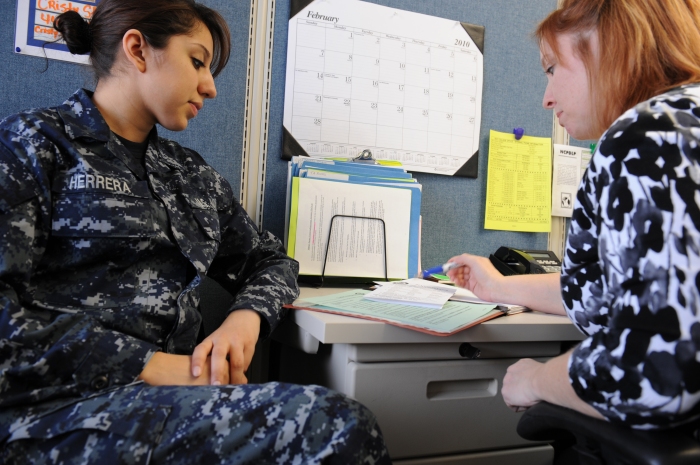The end of the semester is already here for some of you. For many others, it’s finals week. For those with finals, I hope everything goes well. Here’s something to think about once you’re finals are done: interacting with your academic advisor.
All students should have an academic advisor—either a staff member or a faculty member (I’m an advisor myself). How should this advisor be helping you during your time in college? If you get on your college’s advising website you will likely see a mission statement. These mission statements generally boil down to two points: an advisor is there to (1) help you develop a plan to make sure you take all the classes you need to graduate and (2) help you move forward with your personal and career goals. The latter can involve presenting certain course options that may be important to your goals as well as providing you with important resources about your plans after college.

Always keep in mind that advisors are there only to help. Students too often think that advisors are there to make final decisions. This is false. In the end, it’s you, the student, who must make any decision, whether it’s about what courses to take or what career path to follow, even though these decisions can sometimes be quite difficult. Your advisor is there to help you get all the information you need to make these decisions.
Some students don’t understand how valuable an advisor can be. I’ve heard some of them even say that they avoid talking their advisor. I would like to appeal to all students to think about their advisor in a much more positive way; your advisor can help you in so many ways. Here are a few quick pointers to keep in mind when you interact with your advisor:
1) Try to get to know your advisor by meeting with them more often than just around registration time. Because money is tight on most campuses, your advisor likely has more advisees than they should, and has to meet with many of them to talk about registration. Therefore, if you want to have a meaningful conversation with them, it’s best to arrange a meeting at some other time. Also, don’t think that you’re being an annoyance to your advisor by setting up a meeting. This is what advisors are paid to do.
2) Plan what you’re going to talk about with your advisor. Advising is a two-way street. If you meet with your advisor and only they speak it really is not going to benefit you. You should always have some questions for your advisor when you sit down to talk.
3) Remember that advising involves BOTH course requirements and career planning. Make sure to talk about both of them with your advisor. It’s easy to get too preoccupied with the courses you need to take. Career planning starts as soon as you get into college and all of your advising meetings should involve some career discussion.
4) Your advisor will have a lot of information for you, which will be up-to-date and accurate. For this reason, I’d be very wary of getting advising help from other students, siblings or your parents. All of these people want to help you out, but that doesn’t stop them from being wrong. I’ve seen students who told me that their sibling said that a certain class was required when they went to school—but that information was out of date.
5) If things aren’t working out with your advisor, consider switching to a different one. Sometimes we have a tough time interacting with certain people—the dynamics we need just aren’t there. This may be true between you and your advisor. Also, some advisors might not be very good at giving you information about your classes and future career. Switching to a new advisor can help you get back on track.
I hope these pointers are helpful, and that you will have a great working relationship with your advisor. Enjoy the Holiday Break and I will be back with a new post at the start of 2016!
